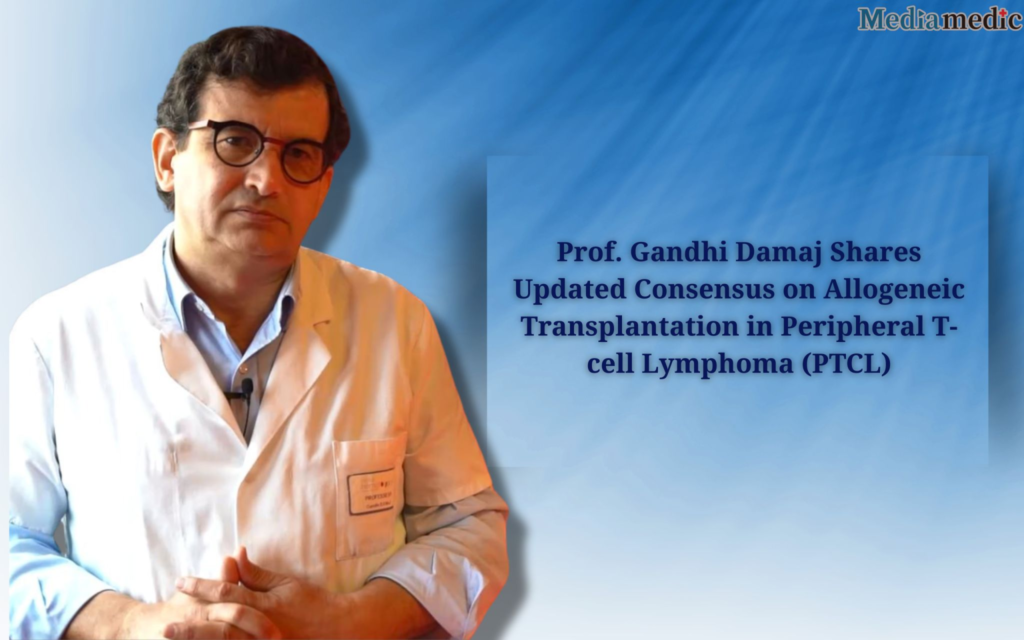Clonal Hematopoiesis in Pediatric HCT Survivors: New Insights from Dr. Konradin Müskens at EBMT 2025
At the 51st EBMT Annual Meeting, Dr.Konradin Müskens (Prinses Máxima Centrum voor kinderoncologie, Netherlands) presented findings from the GS2-4 session on “Prevalence and Origin of Clonal Hematopoiesis in Long-Term Survivors…










